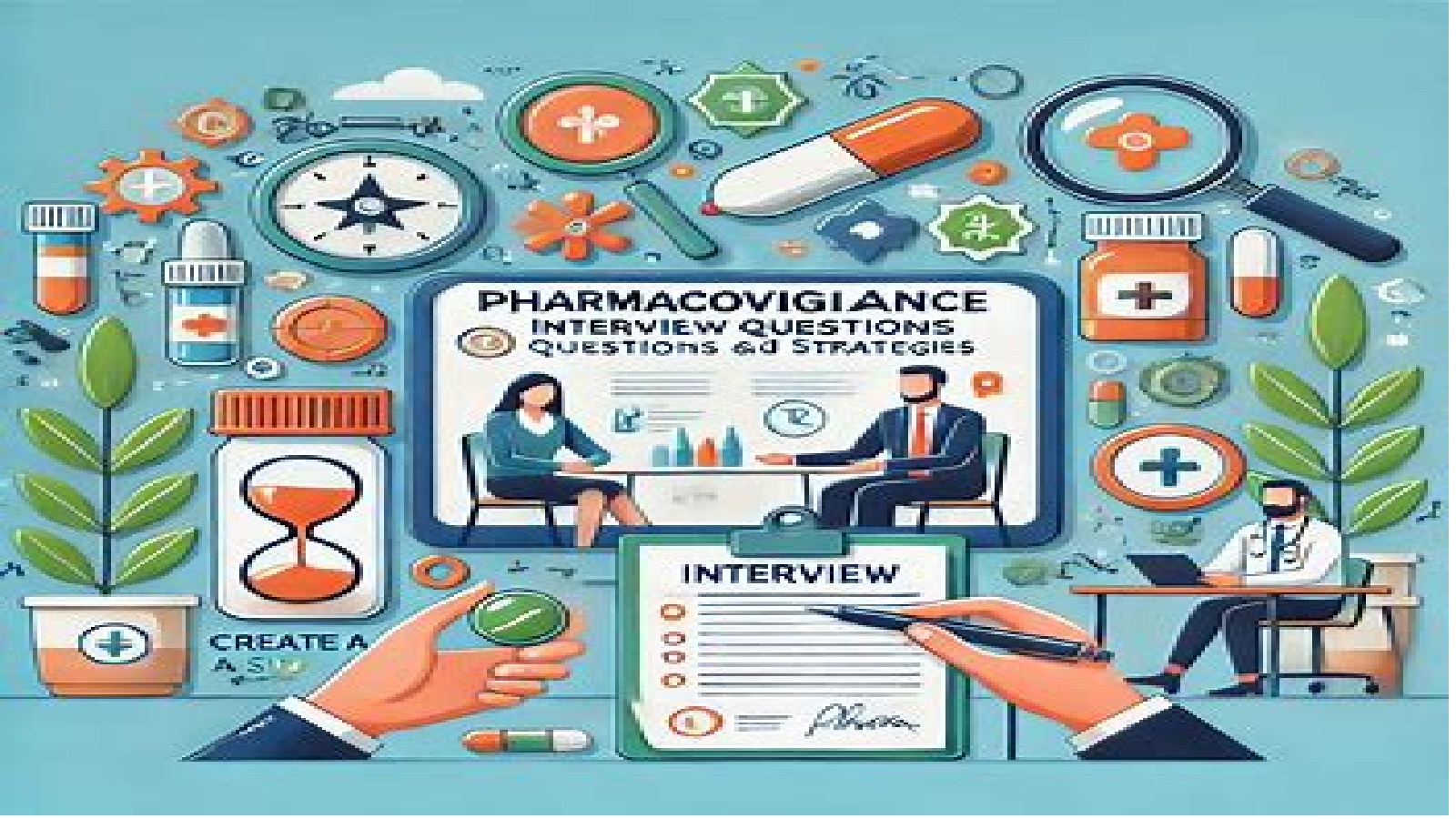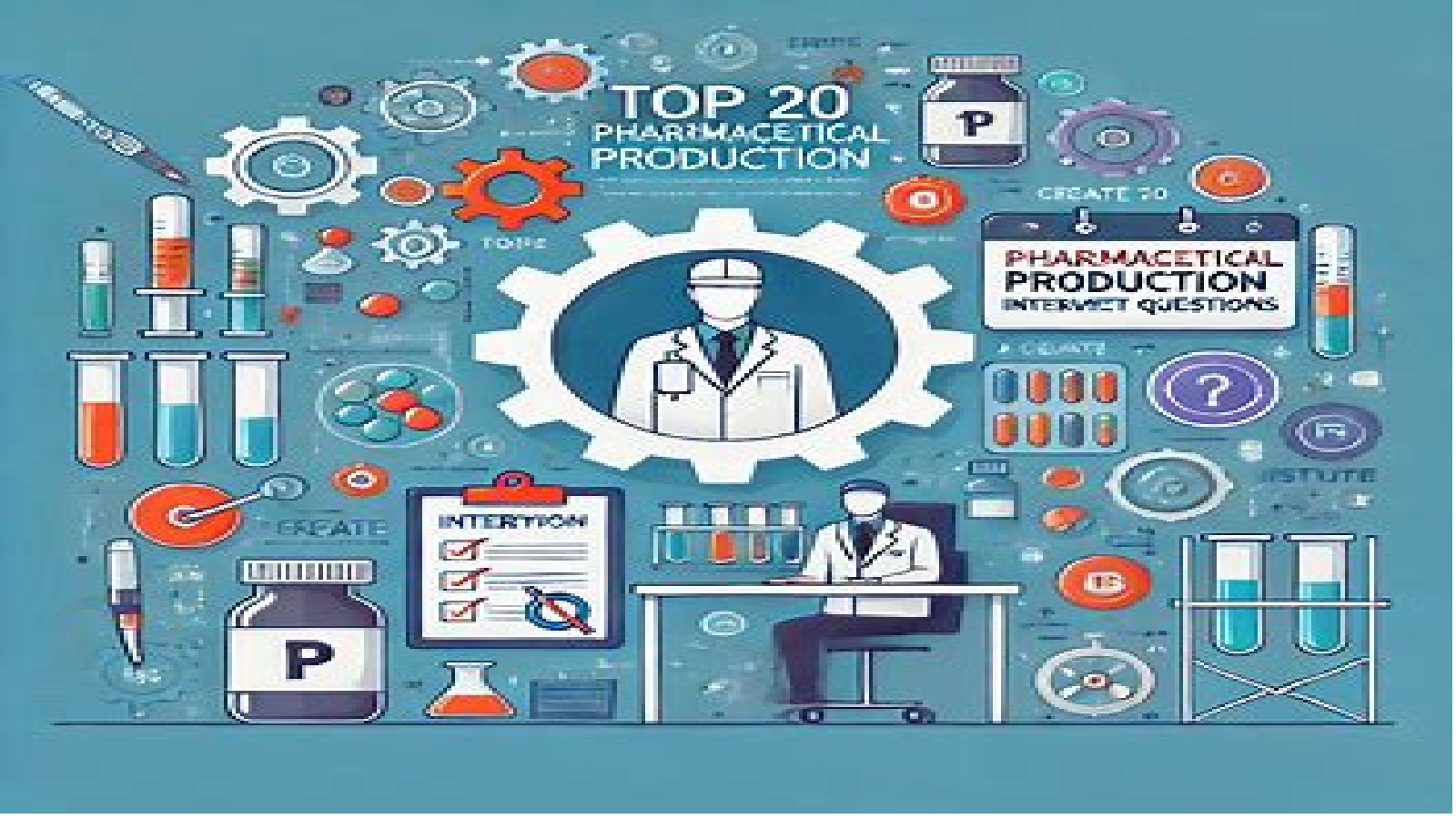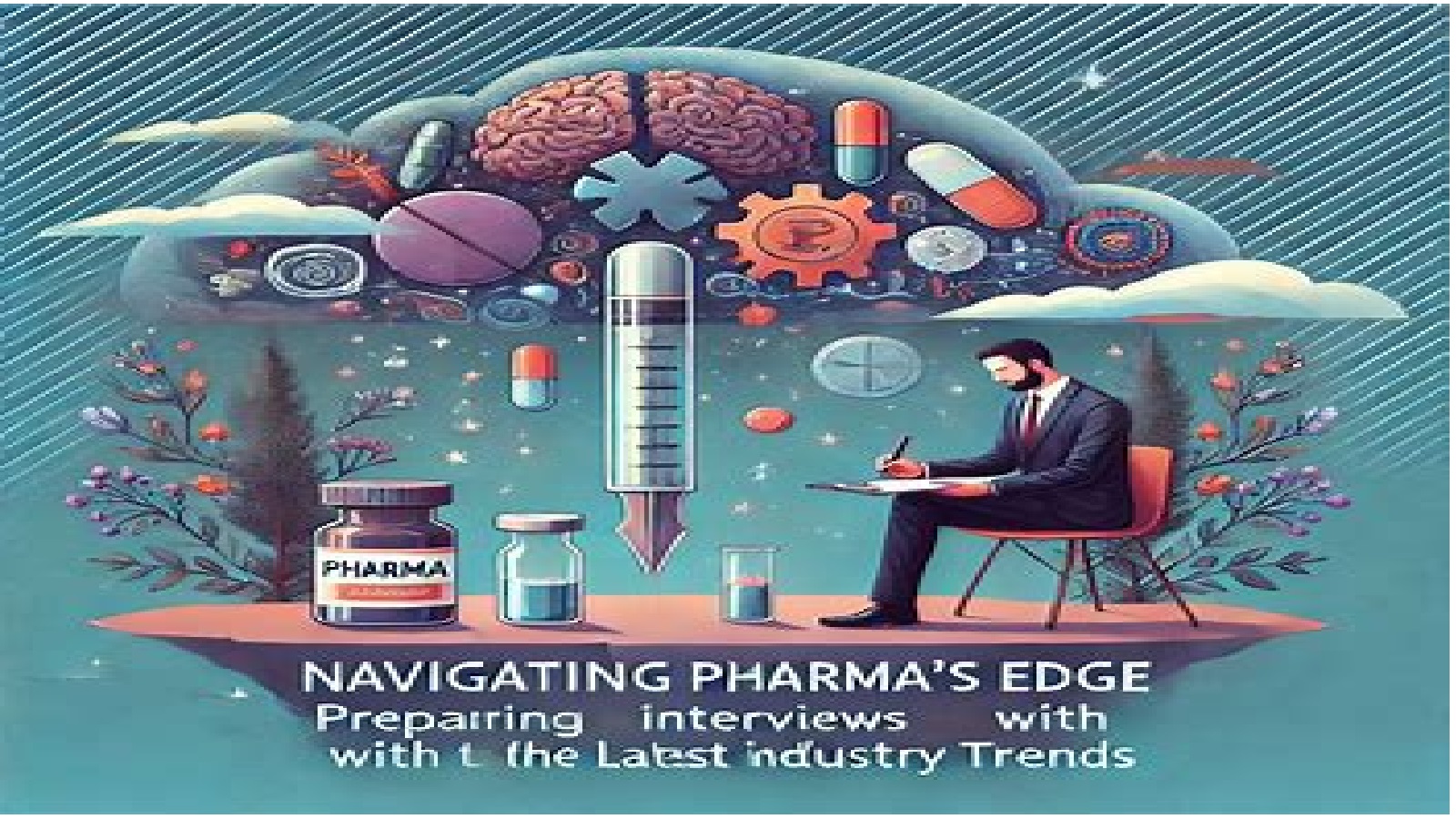Pharmacovigilance, the science and activities related to the detection, assessment, understanding, and prevention of adverse effects or any other drug-related problems, is a vital field in healthcare and pharmaceutical industries. Preparing for a pharmacovigilance interview requires knowledge, strategic planning, and confidence. This article outlines essential interview questions, strategies, and tips to help candidates succeed.
1. Introduction to Pharmacovigilance
Pharmacovigilance plays a pivotal role in ensuring drug safety and protecting public health. Organizations look for skilled professionals who can analyze and manage drug safety data effectively. An interview for a pharmacovigilance role assesses technical knowledge, communication skills, and problem-solving abilities.
2. Common Types of Pharmacovigilance Interview Questions
Understanding the scope of questions can help candidates prepare thoroughly. Below are some common categories:
2.1. Technical Questions
- What is Pharmacovigilance, and why is it important?
- Explain the difference between adverse drug reactions (ADRs) and adverse events (AEs).
- What are MedDRA and WHO-UMC causality assessment categories?
- Define the term “signal detection” in pharmacovigilance.
- What is EudraVigilance, and how is it used?
2.2. Process-Oriented Questions
- What steps are involved in case processing in pharmacovigilance?
- How do you ensure compliance with Good Pharmacovigilance Practices (GVP)?
- Describe the life cycle of a safety signal.
- Explain the process of risk management planning (RMP).
2.3. Scenario-Based Questions
- How would you handle a case with incomplete adverse event information?
- What steps would you take to address a serious adverse event (SAE) reported during a clinical trial?
- How would you prioritize multiple cases of safety concern?
2.4. Regulatory Knowledge Questions
- What are the key pharmacovigilance regulations in the U.S. and Europe?
- Explain the roles of FDA, EMA, and CDSCO in pharmacovigilance.
- What is ICH E2B, and why is it significant?
3. Key Strategies for Pharmacovigilance Interview Preparation
3.1. Build a Strong Foundation
- Review the Basics: Understand key concepts, definitions, and processes in pharmacovigilance.
- Stay Updated: Follow the latest trends, guidelines, and regulatory updates in pharmacovigilance.
3.2. Practice Problem-Solving
- Work on scenario-based questions to demonstrate analytical and decision-making skills during the interview.
3.3. Showcase Relevant Skills
- Highlight experience in using tools like Argus Safety, Oracle, and other pharmacovigilance software.
- Demonstrate attention to detail and the ability to handle large datasets efficiently.
3.4. Understand the Job Role
- Tailor your preparation based on the job description, emphasizing relevant experience and knowledge areas.
3.5. Prepare for Behavioral Questions
- Be ready to discuss examples of teamwork, handling pressure, and resolving conflicts.
- Use the STAR method (Situation, Task, Action, Result) to structure your responses.
4. Common Challenges and How to Overcome Them
4.1. Lack of Practical Experience
- Solution: Highlight transferable skills and express willingness to learn through on-the-job training.
4.2. Handling Complex Questions
- Solution: Stay calm, ask clarifying questions if needed, and approach the problem methodically.
4.3. Regulatory Updates
- Solution: Regularly read journals, attend webinars, and follow regulatory body announcements to stay informed.
5. Final Tips for Excelling in the Interview
- Dress Professionally: Make a positive first impression.
- Be Honest: If you don’t know an answer, admit it gracefully and express eagerness to learn.
- Ask Questions: Show interest by asking insightful questions about the team, tools, or challenges.
- Follow-Up: Send a thank-you email post-interview to express gratitude and reinforce your enthusiasm.
6. Conclusion
A career in pharmacovigilance is both rewarding and challenging. Preparing for an interview in this field involves mastering technical knowledge, honing problem-solving skills, and presenting yourself as a competent and confident candidate. By understanding common questions and adopting the right strategies, you can increase your chances of success and take a significant step towards a fulfilling career in pharmacovigilance.
For more articles, Kindly Click here.
For pharmaceutical jobs, follow us on LinkedIn
For Editable SOPs in Word format contact us on info@pharmaceuticalcarrier.com
For more information kindly follow us on www.pharmaguidelines.co.uk
Dr. Gite, a Ph.D. graduate from the Elite Institute of Chemical Technology, Mumbai, and a Master’s in Pharmaceutics from UDCT, Aurangabad, is a renowned pharmaceutical scientist. With expertise in oral protein and peptide drug delivery, nanotechnology, NDDS, and complex injectables, Dr. Gite has a proven track record in advancing innovative drug delivery systems.
Specializing in biosimilars, biologics, and ocular drug delivery, Dr. Gite is also well-versed in DoE, QbD, regulatory affairs, and technology transfer. Driven by a passion for innovation, Dr. Gite is dedicated to shaping the future of pharmaceutical research and healthcare.





